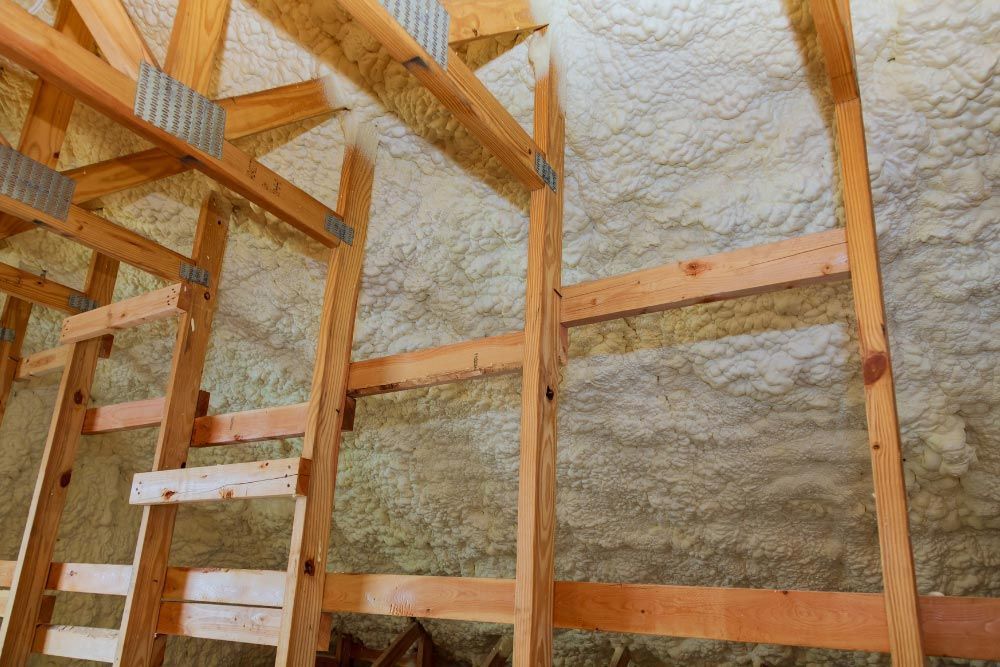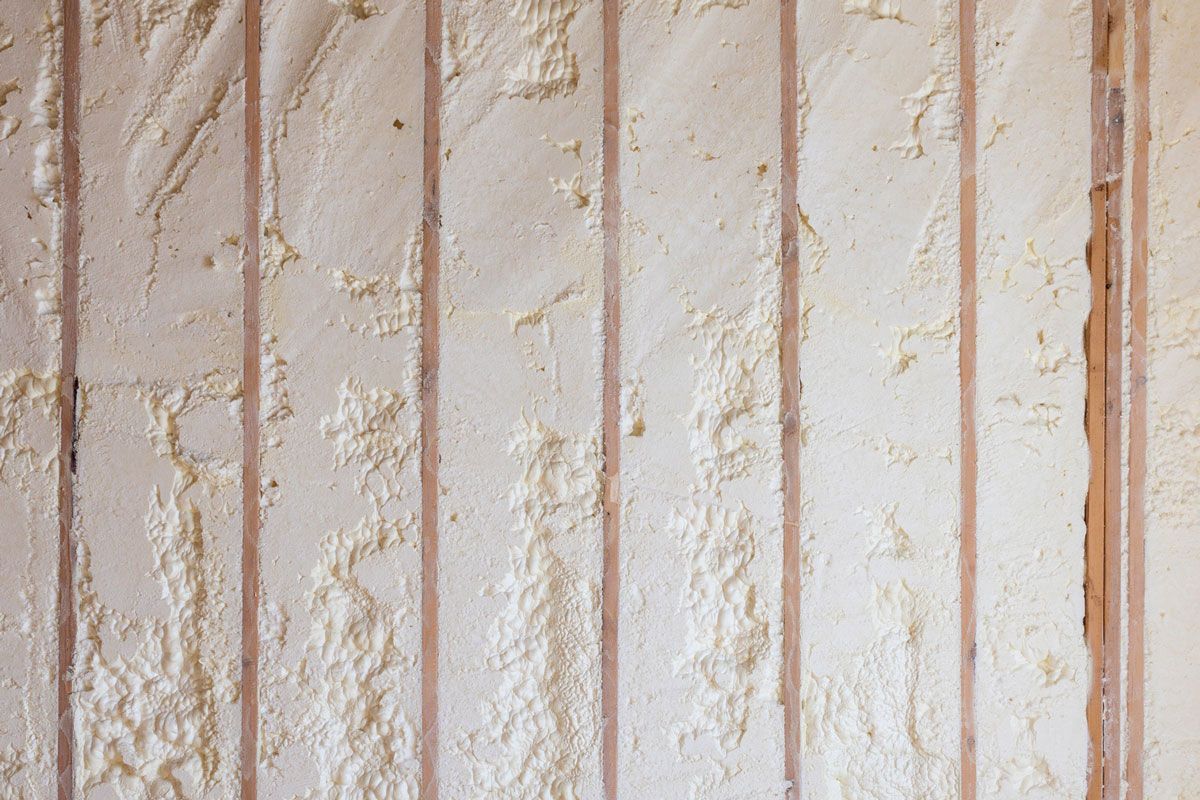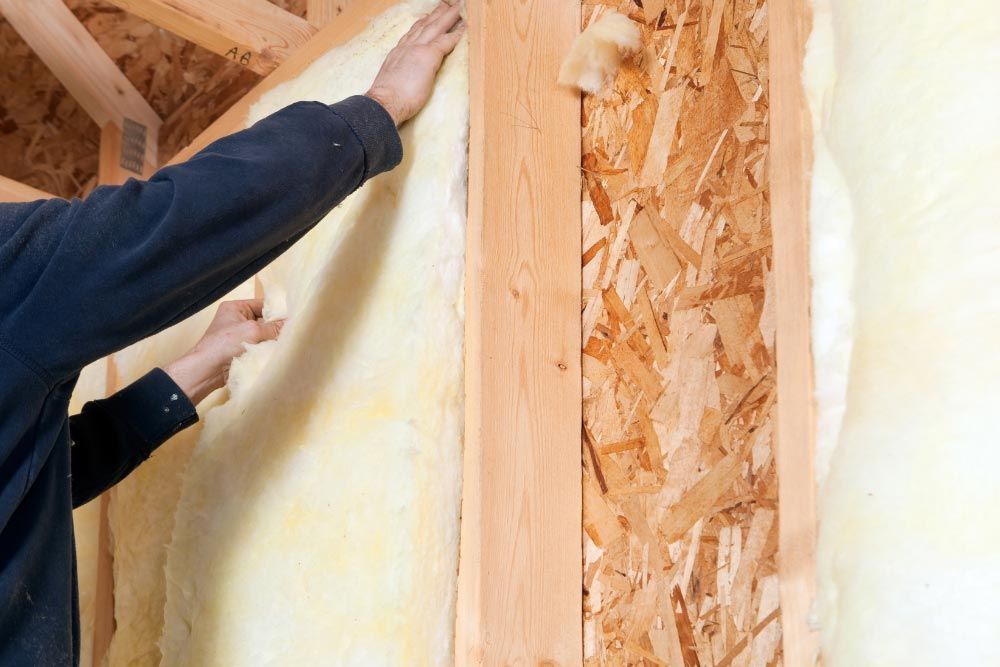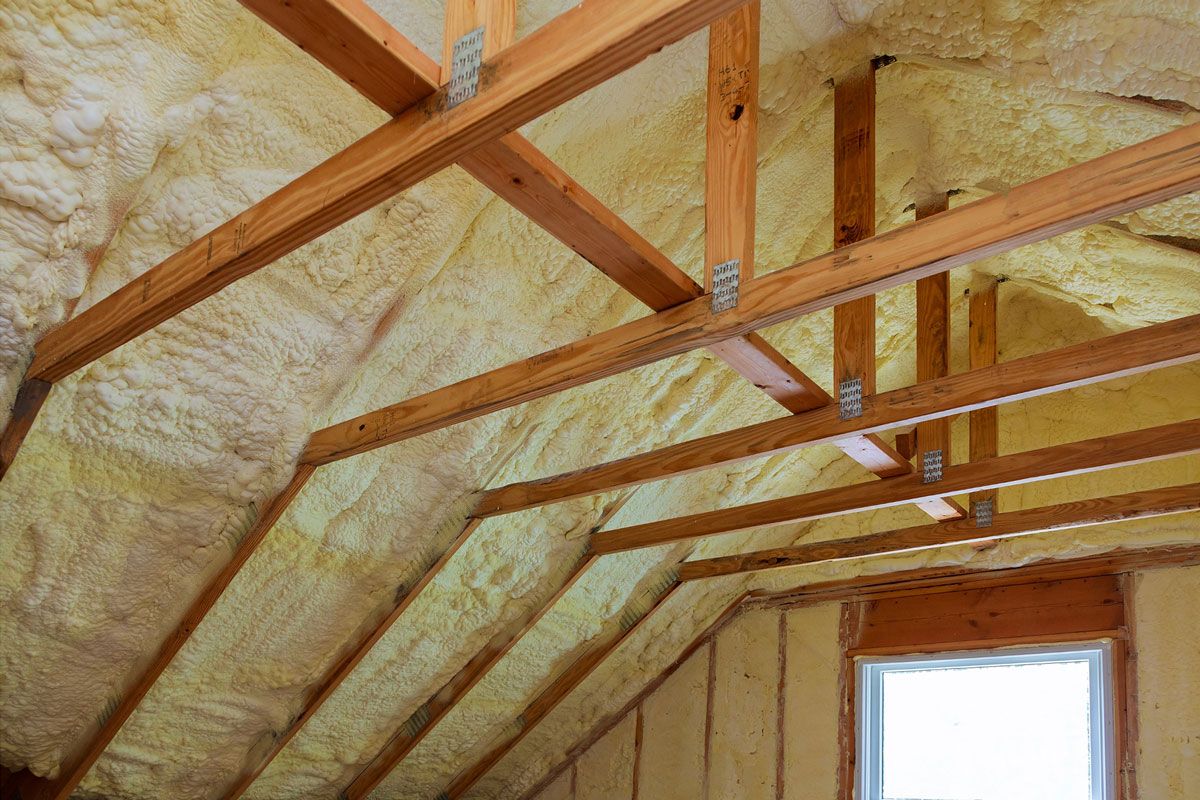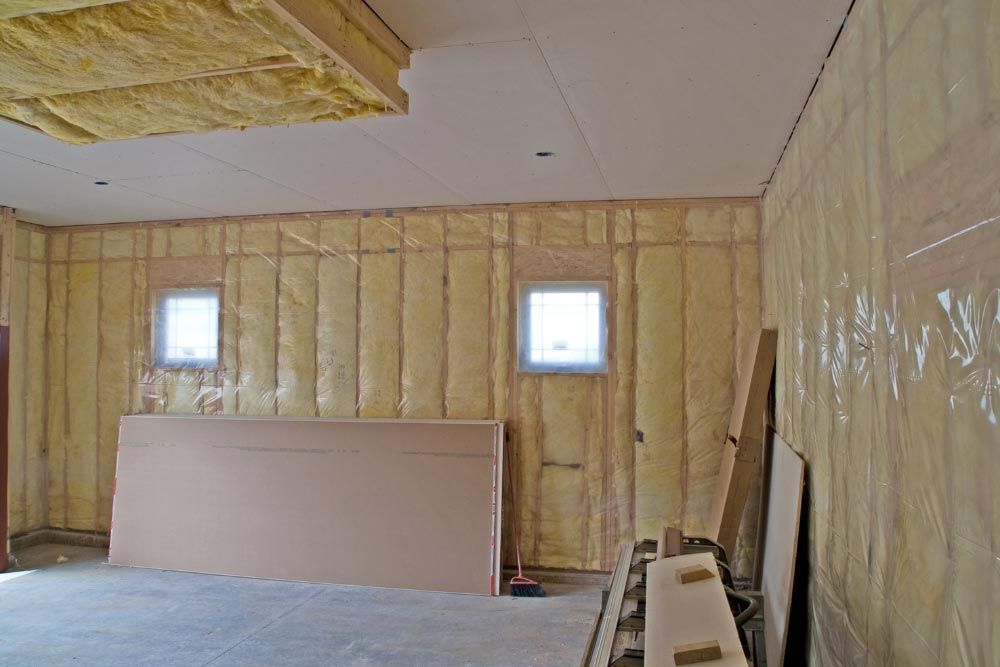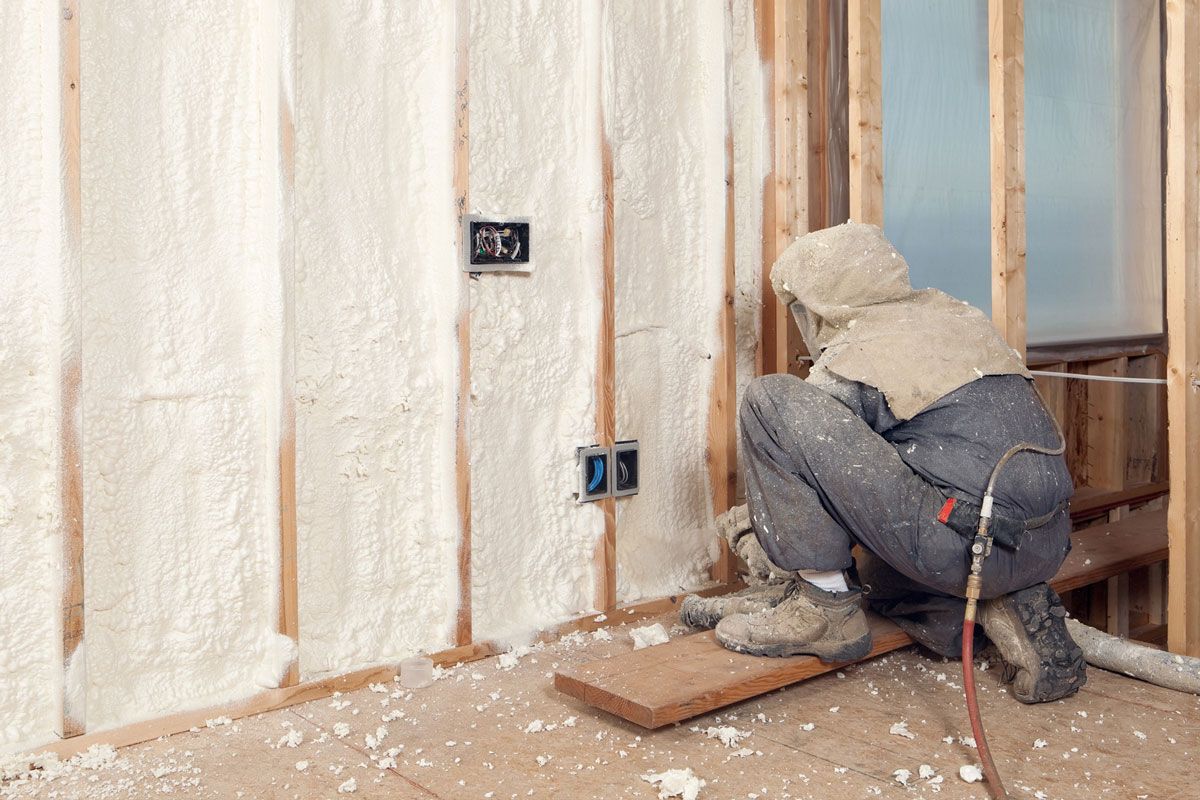Sound Insulation: Reduce Noise & Improve Home Comfort
Whether you're dealing with noisy neighbors, street traffic, or an echoing home, sound insulation can transform your space into a peaceful retreat. But which insulation materials work best for noise reduction? In this guide, we’ll break down the best options, installation tips, and expert recommendations.
Why Sound Insulation Matters
Adding sound insulation offers multiple benefits:
- Blocks Outside Noise – Reduces sound from traffic, neighbors, and loud environments.
- Enhances Privacy – Prevents sound from traveling between rooms.
- Improves Home Value – A well-insulated home is more desirable.
- Creates a Peaceful Environment – Ideal for home offices, bedrooms, and apartments.
Did You Know? Soundproofing can reduce unwanted noise by up to 70% with the right insulation!
Best Types of Sound Insulation
Choosing the right insulation for soundproofing depends on the structure of your walls, floors, and ceilings.
| Insulation Type | Best For | Noise Reduction (STC Rating) | Cost |
|---|---|---|---|
| Rockwool Acoustic Insulation | Walls, ceilings, floors | 45 – 52 | $$ |
| Blown-In Fiberglass Insulation | Existing walls, attic spaces | 38 – 44 | $$ |
| Fiberglass Batt Insulation | Interior walls, basements | 30 – 39 | $ |
| Spray Foam Insulation | Air sealing & soundproofing | 39 – 50 | $$$ |
| Safe and Sound Soundproofing Insulation | Home theaters, music studios | 50 – 60 | $$$ |
✅ Best Choice: Rockwool acoustic insulation is the top pick for sound absorption, while spray foam insulation seals air gaps to reduce sound transfer.
How to Soundproof Your Home
1. Soundproof Walls
To minimize sound transfer between rooms:
- Install fiberglass batt insulation or rockwool acoustic insulation between wall studs.
- Add soundproof drywall (like QuietRock) for extra noise reduction.
- Use acoustic sealant around electrical outlets and door frames.
🔍 Need help with soundproofing? Call Arvada Insulation Contractors for a professional assessment!
2. Soundproof Ceilings
Noise from upper floors can be reduced by:
- Installing blown-in fiberglass insulation between ceiling joists.
- Using soundproof ceiling insulation (like dense fiberglass or rockwool).
- Adding resilient channels to absorb vibrations before drywall installation.
3. Soundproof Floors
To reduce noise transfer between floors:
- Use sound dampening ceiling insulation on lower floors.
- Add acoustic underlayment beneath carpet or hardwood flooring.
- Install floating floors with sound-absorbing layers.
Pro Tip: Safe and Sound Soundproofing Insulation is perfect for home theaters and bedrooms!
How Effective Is Sound Insulation?
| Noise Source | Best Soundproofing Insulation | Effectiveness (%) |
|---|---|---|
| Street Traffic | Rockwool acoustic insulation | 70% – 80% |
| Loud Neighbors | Fiberglass batt insulation | 50% – 60% |
| Footsteps Above | Blown-in fiberglass insulation | 60% – 75% |
| Music & TV | Safe and Sound Soundproofing Insulation | 75% – 85% |
Cost of Sound Insulation
| Insulation Type | Estimated Cost per Sq. Ft. |
|---|---|
| Rockwool Acoustic Insulation | $1.50 – $2.50 |
| Blown-In Fiberglass Insulation | $1.00 – $1.80 |
| Fiberglass Batt Insulation | $0.75 – $1.50 |
| Spray Foam Insulation | $2.50 – $5.00 |
💰 Tip:
Investing in high-quality soundproof insulation can increase property value!
Signs You Need Sound Insulation
- Hearing conversations from the next room
- Loud footsteps from upstairs
- Echoing or poor acoustics in rooms
- Difficulty sleeping due to outside noise
🔍 Unsure about your home’s soundproofing? Contact Arvada Insulation Contractors for a FREE consultation!
Upgrade Your Home with Sound Insulation Today!
Transform your home into a quiet, peaceful space with professional sound insulation.
Call
(720) 709-1680 now or fill out our online form to schedule your FREE consultation!





